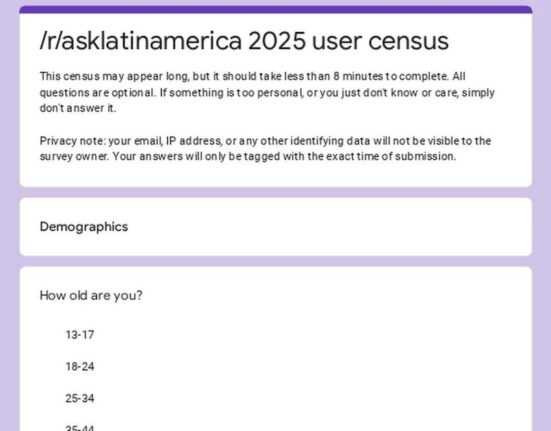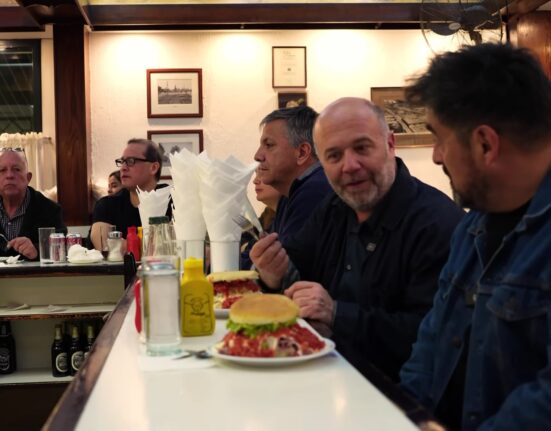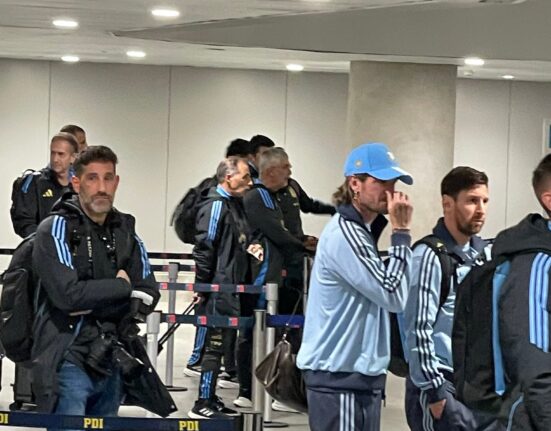In a stark revelation that has rattled the political landscape of Cuiabá, the decision by the Justice system in Mato Grosso to uphold the payment of salaries to two suspended city councilors, Chico 2000 and Sargento Joelson, has stirred public outcry and debate. These officials were sidelined in April under suspicion of accepting bribes to push through projects benefiting the company overseeing the Contorno Leste construction. Despite the interim placement of Rafael Yonekubo and Gustavo Padilha as replacements, the court order mandates the continued monthly remuneration of $26,000 to the accused politicians.
While the president of the City Council, Paula Calil, and the Board believe that suspended members should not receive salaries when not actively fulfilling their duties, the judicial ruling has left them with no choice but to comply. This decision poses financial implications for the Council, as Calil expressed concerns about the budgetary impact of maintaining payment for two additional members without active participation in legislative proceedings.
“The suspension serves a precautionary purpose, maintaining impartiality during investigations, and does not equate to punishment, hence the ruling to retain their salaries,”
emphasized the presiding judge, Mayume Kobayashe. However, only the base salary is guaranteed for the sidelined councilors, with benefits like office allowances and other perks allocated solely to the standing substitutes.
The corruption probe within the Cuiabá Council unearthed a nefarious scheme involving Chico 2000 and Sargento Joelson, who allegedly received hefty sums from the Contorno Leste project contractor to facilitate the passage of legislation favoring the company’s interests. Reports indicated a clandestine exchange of $250,000 between the executives and the construction firm to secure the approval of a bill benefiting HB 20. The illicit transactions occurred discreetly within the councilors’ chambers, underscoring the depth of corruption embedded within the local governance structure.
“The sordid affair sheds light on the pervasive nature of graft and underhanded dealings that erode public trust in our institutions,”
remarked a legal expert familiar with the case, highlighting the systemic challenges facing the region’s political integrity. The insidious nature of the kickback scandal underscores the precarious balance between public service and personal gain that plagues many governmental bodies.
Amidst the controversy, the delayed completion of the Contorno Leste project further exacerbates the community’s frustrations. Initially slated for a 2023 unveiling, the 17.3 km roadway connecting Coxipó’s Industrial District with the Emanuel Pinheiro highway has faced setbacks, breeding discontent among locals eagerly anticipating its benefits. The region, marked by historical land disputes and law enforcement interventions, remains a focal point of both developmental aspirations and bureaucratic hurdles.
As the legal saga unfolds and the specter of corruption looms over Cuiabá’s political arena, the repercussions reverberate beyond the confines of the City Council. The imperative to uphold transparency and accountability in governance resonates with stakeholders and citizens alike, underscoring the need for stringent oversight and ethical conduct in public service. The enduring legacy of this scandal lies not only in the individuals implicated but in the broader conversation it ignites regarding integrity, responsibility, and the moral fabric of our democratic institutions.









Leave feedback about this